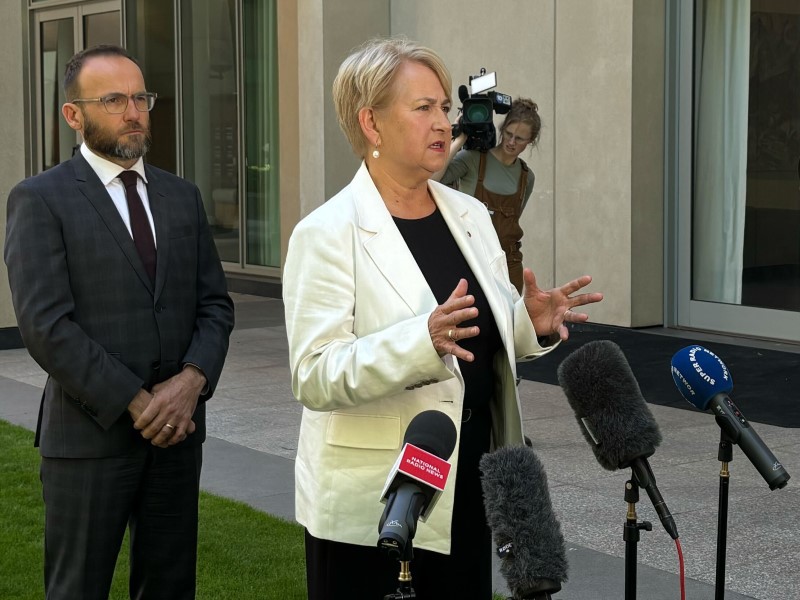A ‘right to disconnect’ allowing workers to ignore unreasonable contact from their employers outside working hours will be included in the latest tranche of industrial relations reforms following months of negotiation between the Greens and the federal government.
On Wednesday, Greens Senator Barabara Pocock and Greens Leader Adam Bandt confirmed that a deal had been secured to include a ‘right to disconnect’ in the Fair Work Legislation Amendment (Closing Loopholes No. 2) Bill, which is currently before the Senate.
Senator Pocock said the right would be implemented through existing Fair Work Commission (FWC) process for issuing ‘stop orders’. This also confirms that fines could be issued to businesses that continue to breach the right following FWC action.
The Greens initially tried to insert a ‘right to disconnect’ into the Fair Work Act in March 2023, arguing modern communication technologies had led to a blurring of work and personal time, negatively impacting the mental health of workers.
“There is not a clear boundary around working time anymore, technology has driven a truck through it and what we’ve done today is try an reestablish a boundary around what’s fair in terms of disconnection from your technology and your workplace,” Senator Pocock said on Wednesday.
Several countries including France, Italy, Spain, Belgium, Ireland and Portugal, already have legislation which institutes a ‘right to disconnect’.

In the first instance, if employees believe they have been repeatedly contacted in an unreasonable way, they should have a “sensible conversation at the workplace” about the issue, according to Senator Pocock.
If the employer persists, an individual can apply to the FWC, which will issue a ‘stop order’ if they deem the behaviour unreasonable. The Federal Court may then order the employer to pay a fine if they fail to comply.
Earlier in the day, Employment and Workplace Relations minister Tony Burke told ABC Radio that the model for implementing the ‘right to disconnect’ wouldn’t necessarily result in fines for employers.
“One of the ways instead of the fines of doing it is simply having an absolute ban on there being a penalty on the worker for disengaging,” Mr Burke said.
“If they decide they’re not going to be checking their work emails, then absolutely no penalty can be brought against them and that sort of protection would give you a way of doing it without fines on the employer.
A ‘right to disconnect’ was first recommended by the Senate Select Committee on Work and Care, chaired by Senator Pocock, in 2022. It was backed by Labor and the Greens, while the Coalition expressed reservations.
Shadow Attorney-General Michaelia Cash on Wednesday morning argued against the ‘right to disconnect’ in the Senate again. She raised concerns expressed by Western Australian business groups that it would inhibit their ability to do business with the East Coast.
Addressing this, Senator Pocock dismissed this concern as a “complete furphy” and noted that jobs that involve working with “parts of a business or with clients across time zones, then of course that will be part of your normal range of employment”.
“This is the kind of decision which… hopefully sensible employers and employees will figure that out,” Senator Pocock said.
With the Greens confirming support for the government’s industrial relations bill, Labor needs the support of at least two additional senators to pass it through the Senate.
During the Greens press conference, Senator Pocock said the ‘right to disconnect’ amendment had received support from Independent Senator David Pocock.
Do you know more? Contact James Riley via Email.

